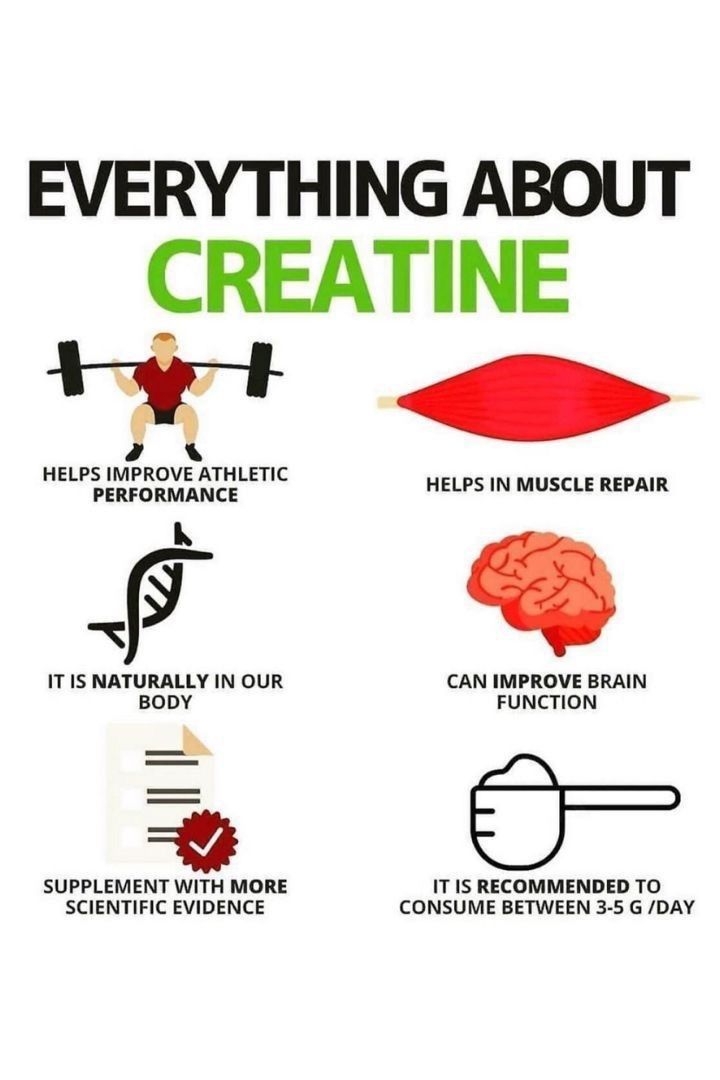Congo's Export Ban: How The Cobalt Market Awaits The New Quota Plan

Table of Contents
The Impact of the Cobalt Export Ban on Global Supply Chains
The DRC is the world's leading producer of cobalt, a critical component in lithium-ion batteries powering the burgeoning electric vehicle (EV) industry. The export ban immediately disrupted the flow of this vital mineral, creating ripples throughout various sectors. EV battery manufacturers, in particular, faced significant challenges, as the reduced cobalt supply led to price volatility and potential shortages. The ban highlighted the inherent risks of over-reliance on a single source for such a crucial commodity.
- Increased cobalt prices: The export ban resulted in a sharp increase in cobalt prices, impacting the production costs of EV batteries and potentially slowing down the transition to electric vehicles.
- Supply chain disruptions: Manufacturers were forced to scramble for alternative cobalt sources, leading to supply chain disruptions and increased procurement costs. This necessitated the exploration of less established suppliers, introducing further risk and uncertainty.
- Geopolitical risks: The DRC's dominance in cobalt production underscored the geopolitical risks associated with relying heavily on a single nation for a strategically important mineral. This dependence leaves global industries vulnerable to political instability and policy changes within the DRC.
Analyzing the Proposed Cobalt Quota Plan
The Congolese government's proposed cobalt quota plan aims to regulate the export of cobalt, potentially influencing the market in significant ways. The rationale behind this system remains multifaceted, likely encompassing several key objectives: increasing government revenue, addressing environmental concerns associated with cobalt mining, and stimulating local processing industries within the DRC.
- Potential price increase: The controlled supply resulting from a quota system could lead to an increase in cobalt prices, further impacting the cost of EV batteries and other cobalt-dependent products.
- Opportunities for local processing: The quota plan may provide opportunities for Congolese companies to establish and expand their cobalt processing capabilities, creating jobs and boosting the domestic economy. This would increase the DRC's value-added production and reduce reliance on raw material exports.
- Risks of corruption and mismanagement: The success of the quota system hinges on its transparency and efficient implementation. The risk of corruption and mismanagement remains a significant concern, potentially undermining its intended benefits and exacerbating existing challenges.
Alternative Cobalt Sources and Their Viability
While the DRC holds a dominant position, other countries possess cobalt reserves, though often in smaller quantities or with different production characteristics. Australia, Canada, and several other nations are exploring and developing their cobalt mining operations. However, shifting cobalt sourcing away from the DRC presents significant challenges.
- Cost and quality comparisons: Cobalt production costs and the quality of the extracted ore vary considerably across different countries, influencing the economic viability of alternative sources.
- Environmental impact assessments: Mining operations globally are subject to rigorous environmental impact assessments, aiming to minimize their ecological footprint and ensure sustainable practices. The scrutiny applied to these operations will vary depending on the governing regulations of each country.
- Ethical sourcing concerns: Ethical considerations, including labor practices and environmental regulations, are paramount when evaluating alternative cobalt sources. Consumers and businesses are increasingly demanding responsibly sourced materials, prompting a focus on transparency and due diligence within supply chains.
The Future of Cobalt Mining and the DRC's Role
The long-term impact of the quota plan remains uncertain, contingent on its effective implementation and the broader evolution of the cobalt market. The DRC’s future in cobalt mining depends heavily on its ability to foster a sustainable and ethically responsible industry.
- Technological advancements: Technological innovations, such as the development of cobalt-free batteries, could reduce the reliance on cobalt in the long term, impacting the DRC's future role.
- Responsible sourcing and fair trade: Promoting responsible sourcing and fair trade practices within the DRC’s cobalt industry is critical for ensuring long-term sustainability and mitigating ethical concerns. This involves increased transparency and better working conditions for miners.
- Investment in infrastructure and technology: Investment in infrastructure development and technological advancements within the DRC is crucial for optimizing cobalt mining, processing, and export, driving economic growth and improving livelihoods.
Conclusion: Navigating the Uncertainties of Congo's Cobalt Quota Plan
The DRC's cobalt export ban and the pending quota plan create significant uncertainties in the global cobalt market. Understanding the potential disruptions and opportunities presented by these developments is crucial for stakeholders across the industry. The successful implementation of the quota plan will depend on transparency, efficient management, and a commitment to sustainable and ethical mining practices. Staying informed about developments in the Congo's cobalt sector and the implementation of the quota plan is paramount. Further research into the Congo cobalt export ban, the specifics of the cobalt quota plan, and the evolving DRC cobalt market is encouraged. Understanding these factors will be key to navigating the evolving landscape of cobalt supply and demand.

Featured Posts
-
 The Surveillance Threat Of Ai In Mental Healthcare A Police State Scenario
May 15, 2025
The Surveillance Threat Of Ai In Mental Healthcare A Police State Scenario
May 15, 2025 -
 A Comprehensive Map Of The Countrys Fastest Growing Businesses
May 15, 2025
A Comprehensive Map Of The Countrys Fastest Growing Businesses
May 15, 2025 -
 Israels Airstrike On Gaza Sinwar The Target
May 15, 2025
Israels Airstrike On Gaza Sinwar The Target
May 15, 2025 -
 The Critical Role Of Middle Managers In Achieving Business Objectives And Fostering Employee Engagement
May 15, 2025
The Critical Role Of Middle Managers In Achieving Business Objectives And Fostering Employee Engagement
May 15, 2025 -
 Should You Take Creatine Weighing The Pros And Cons
May 15, 2025
Should You Take Creatine Weighing The Pros And Cons
May 15, 2025
Latest Posts
-
 Dodgers Master Plan Faces Padres Determined Opposition
May 15, 2025
Dodgers Master Plan Faces Padres Determined Opposition
May 15, 2025 -
 Padres Battle Back To Defeat Cubs
May 15, 2025
Padres Battle Back To Defeat Cubs
May 15, 2025 -
 San Diego Padres Defy Los Angeles Dodgers Domination Attempts
May 15, 2025
San Diego Padres Defy Los Angeles Dodgers Domination Attempts
May 15, 2025 -
 Padres Stage Comeback Victory Against Cubs
May 15, 2025
Padres Stage Comeback Victory Against Cubs
May 15, 2025 -
 Tom Krasovic Padres Bullpens Strong Start Despite 10 Run Inning
May 15, 2025
Tom Krasovic Padres Bullpens Strong Start Despite 10 Run Inning
May 15, 2025
